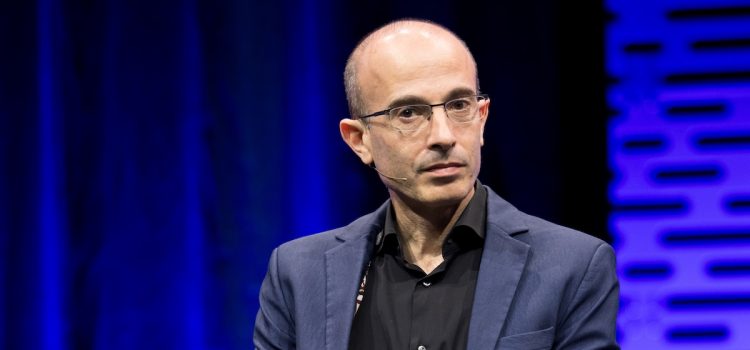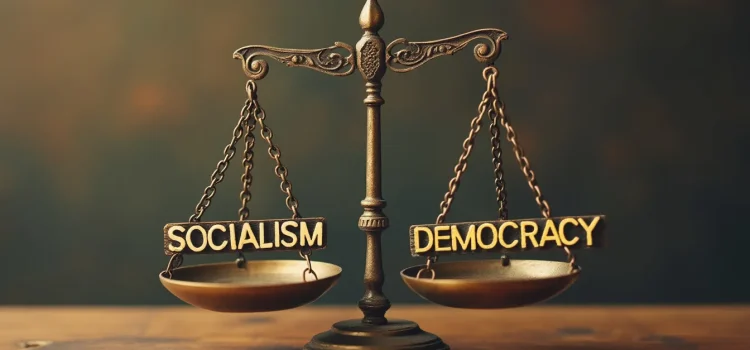What does it mean to reclaim joy in the face of systemic oppression? How can pleasure become a tool for social change? What is pleasure activism? adrienne maree brown explores how marginalized communities can use joy as resistance against oppression. Drawing from Black feminist thought, science fiction, and community organizing, brown contends that pleasure is both a fundamental right and a powerful catalyst for social transformation. Keep reading to understand brown’s argument that prioritizing joy isn’t selfish—it’s revolutionary.
What Is Pleasure Activism? adrienne maree brown Explains










